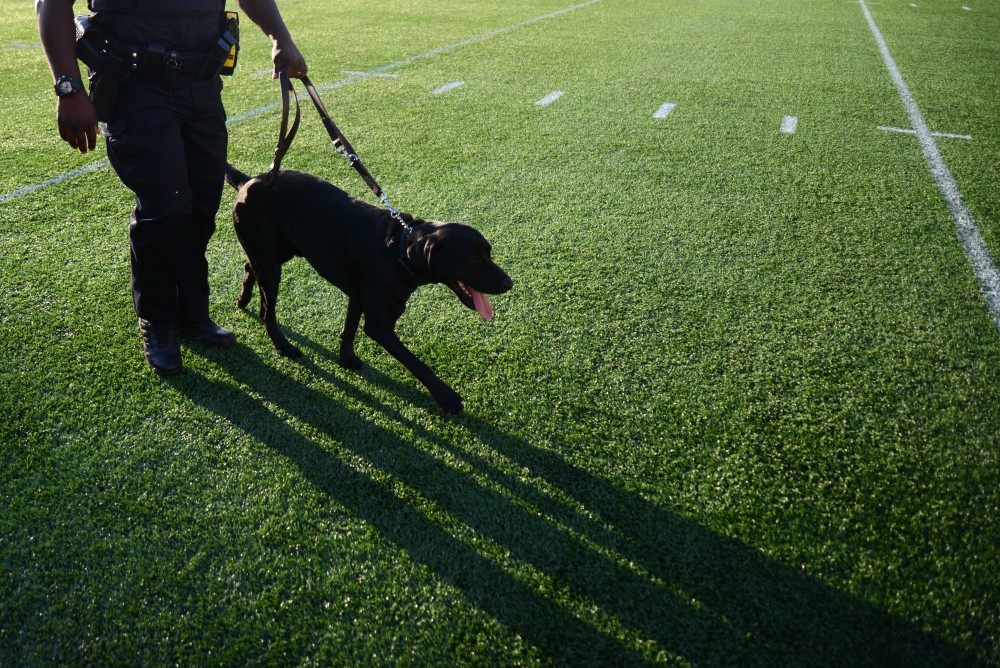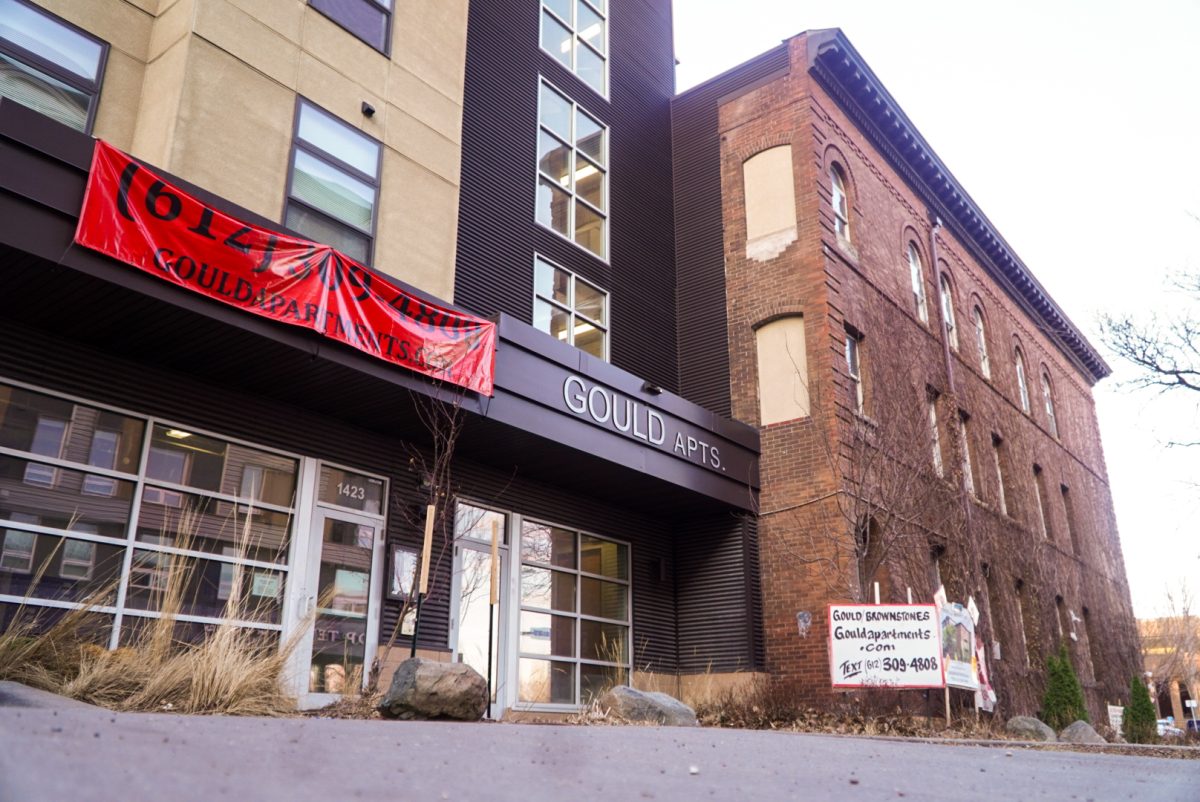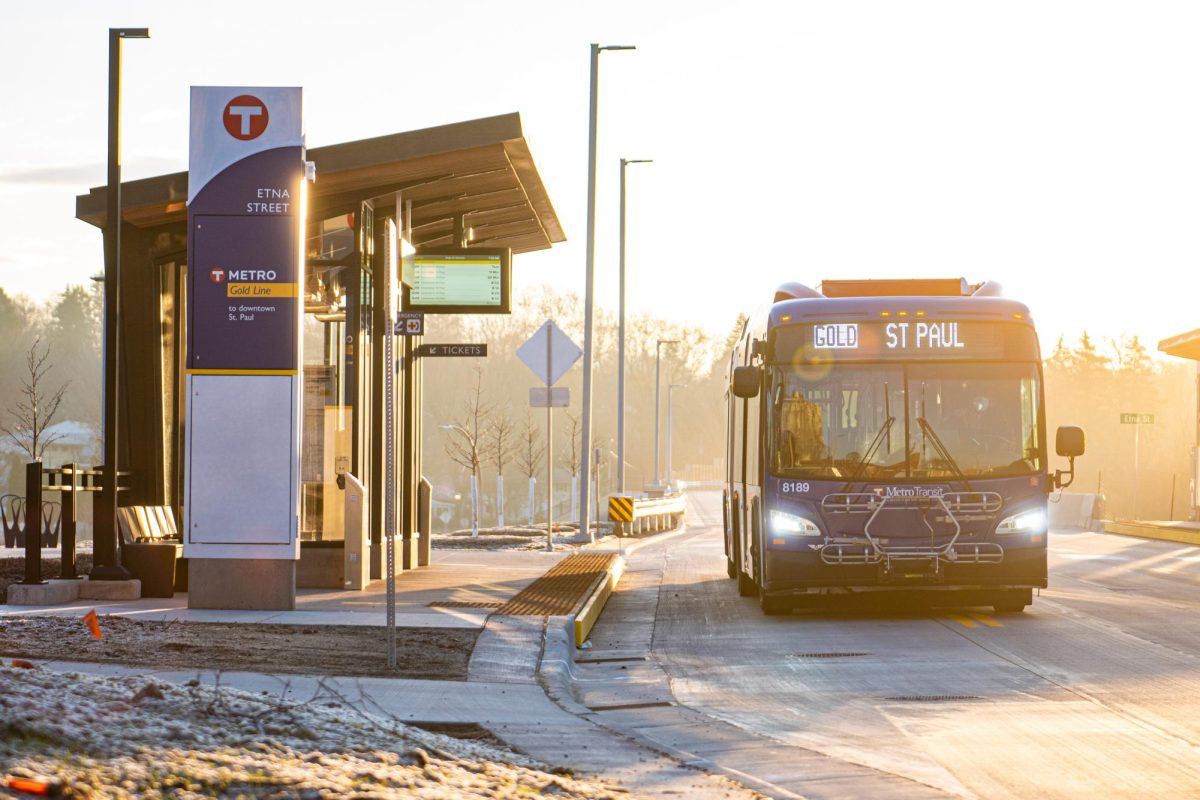Minneapolis police dogs in need can go to
the University of Minnesota for aid for another year.
The City of Minneapolis began a year-long, $30,525
contract on Saturday with the University’s Veterinary Medical Center, which
will provide medical services to Minneapolis Police Department canines.
Under the agreement, Minneapolis pays the
University $1,035 for each dog’s medical services, said Debra Vogt, director of
Small Animal Receiving Services at the University’s Veterinary Medical Center.
In return, the University will cover up to
$4,000 for all available medical treatments that each dog requires, she said.
If expenses go over $4,000, the City will cover
the additional costs, said Wendy Guck, a grants coordinator for the Minneapolis
Police Department.
The needs of the dogs vary, Guck said, with
some needing only basic care while others might require additional treatment
for injuries or conditions.
Minneapolis and the University have had
agreements since at least 2009 for police dog care, Guck said.
Some police dog health problems can arise
from the dogs’ activities, said Sergeant Ryan Rivers with the University of
Minnesota Police Department, which also contracts with the University for
police dog care.
“The dogs are just really driven, so lots
and lots of energy. … We will see issues where the pads of the paw get cut up,”
Rivers said.
The German Shepherd and Belgian Malinois
breeds that police use can also run into health problems with their elbow and
hip joints, stomachs and spines, said Greg Anderson, a University professor
with the Department of Veterinary Clinical Services.
He said police dogs strain their tendons and
ligaments and can sometimes also incur trauma.
Anderson said a few years ago they gave a
police dog emergency surgery after it was stabbed by a perpetrator.
A dog’s weight can also pose an issue, with
some dogs having trouble maintaining a healthy weight between training periods,
said Kristi Flynn, a University assistant clinical professor and primary care
doctor who works with MPD’s canines.
Similarly, Rivers said police try to balance
the dogs’ food intake and exercise routines.
“You want them at an hourglass shape, where
you can actually see their waistline,” Rivers said.
Flynn said taking care of police dogs is
like caring for any other animal, but they require extra attention because they
are much more active.
University veterinary professionals will
also go where the dogs are housed and provide the annual preventive care and
exams there, Vogt said.
Although the contract between the City and
University doesn’t cover the pre-service examination for the dogs, Guck said
the program is a good deal for the city.
“Pretty much any service that a dog would
need can be provided there, so [the University] is a one stop shop in that
sense” Guck said.








